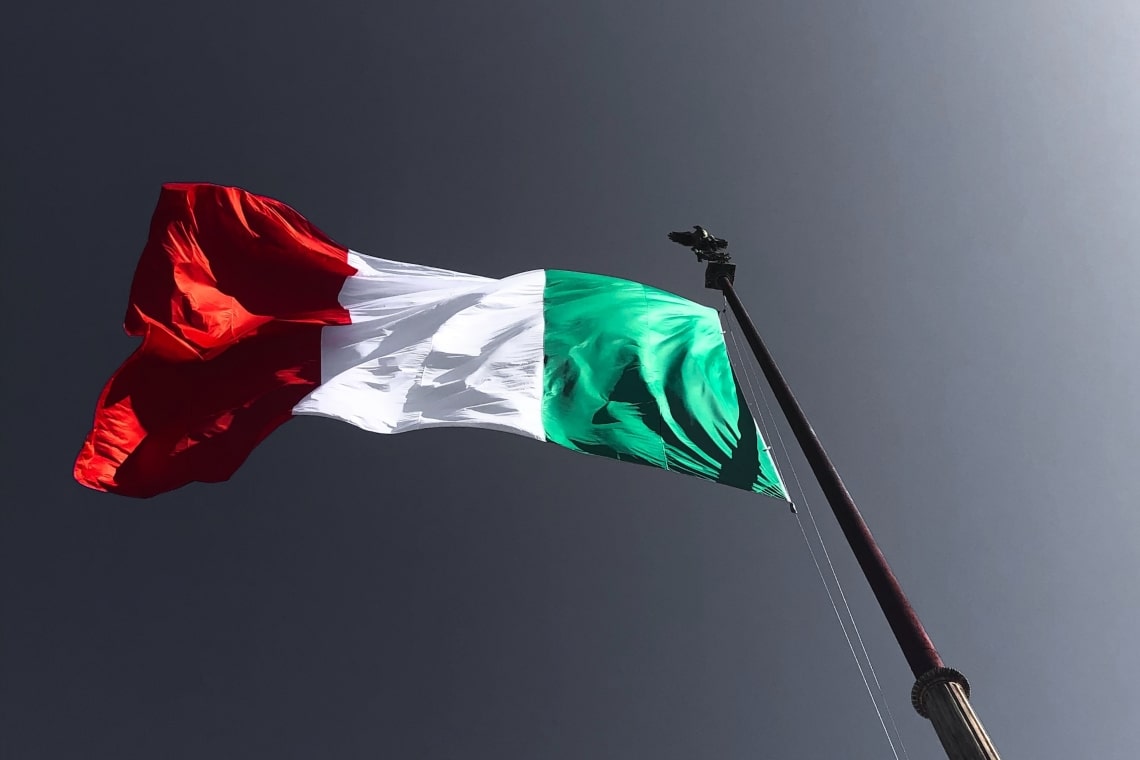In late May, a roundtable discussion was held at Palazzo Montecitorio dedicated to crypto regulation in Italy.
From this table emerged the idea of endowing the country with a specific register of providers specialized in the tokenization of corporate financial instruments, such as stocks, bonds and debt securities.
In fact, the goal of the meeting was precisely to define the limits for the establishment of a vehicle for holding financial instruments on blockchain, complying with European Commission Regulation 858/2022 dedicated precisely to markets for the exchange of digital financial instruments.
Summary
The new crypto regulation in Italy
The need arises from the recent regulation of the DLT market, thanks to which new spaces within the crypto sector are opening up to institutional players as well.
In fact, on the one hand, 2023 constitutes the first year in which the new specific Italian law regarding cryptocurrency taxation comes into force, but at the same time it is the year in which the final text of the MiCA, the new European Union regulation on digital assets, was approved.
It is precisely the latter that is actually opening the doors of the crypto sector to financial institutions that had so far kept away from it due to fears regarding mainly the lack of regulatory clarity on the matter.
Now that the picture seems to have become clearer, even the big players in European finance can enter the sector en masse.
This is also true in Italy, with several traditional banks already expressing their idea to take some initiative related in some way to digital assets.
The world of tokenization
One of the things that can now be done without fear of non-compliance is tokenization of real assets.
This is of interest not only to financial institutions, but it can also affect companies, especially those that are usually excluded from the stock markets because of their excessively small size that makes it very difficult or impossible for them to land.
But to give investors assurance that the tokens they buy actually correspond to tokenized assets requires controls, which it appears will also go through the establishment of a new official register to which platforms that allow the buying and selling of tokenized assets will have to register.
The FinTech Decree
The so-called FinTech Decree (Decree-Law No. 25 of 2023 – FinTech) has already been approved by the Senate, but is still being analyzed in the House.
The decree defines digital financial instruments, and regulates their issuance and transfer.
It also establishes a regulatory sandbox within which the Bank of Italy, Consob and Ivass can interact with supervised intermediaries and industry players.
During the meeting at Palazzo Montecitorio, the Chairman of the Chamber of Deputies’ VI Finance Committee, Marco Osnato, called it “an important innovation that will help financial markets, protect citizens and find a tool that the Public Administration can also use tomorrow.”
Comments on the new crypto regulation in Italy
The meeting was also attended by companies and freelancers, who expressed their views.
Fleap founder and president Thomas lacchetti mentioned that the potential of DLT and smart contracts can make it easier and more efficient to standardize companies’ processes and products to raise funds in the market, thus creating a more receptive market.
In the future, it will also be possible for companies to operate proactively within digital asset markets to intercept new opportunities.
He stated:
“We believe that one of the goals of this standard is to introduce DLT within the processes of SMEs, and we are aligned with this vision. Underlying the development of our platform is the belief that this technology can become a tool with which companies will become more efficient and ready to face the new challenges that the market will present them with.
The changing nature of credit, new sources of capital supply, and faster processes in managing corporate actions. All this fits perfectly into the logic of DLT from which we can start to create the 2.0 company.”
In contrast, the founder of LX20 Law Firm, Alessandro Negri della Torre, emphasized the flexibility of the Italian legal system and its adherence to technological evolutions.
He stated:
“The creation of a register would physiologically lead to the creation of a minimum level of organization of entities wishing to offer the service of record keeping, as well as a general consistency of their internal procedures. The introduction of a business reservation should then lead to the application of an initial filter that selects firms with the resources, human, technical and financial, to carry out the activity of register manager.”
The President of the National Association of Accountants, Marco Cuchel, recalled that the conversion into law of the Fintech Decree will offer new possibilities for Italian companies to access credit outside traditional channels.
He added:
“The new regulation of the digital financial market allows the issuance and circulation of related instruments, aligning with European forecasts, in maximum transparency, efficiency and security for investors and favoring the competitiveness of Italian companies.
The digitization of processes for the issuance of new financial instruments, including by means of emerging technologies, can create added value and synergy among the various parties directly involved and their professionals who assist them, including lawyers, notaries and accountants. It is truly an opportunity that we hope the market will seize favorably and use to its full potential.”




